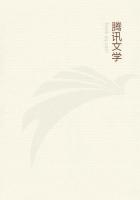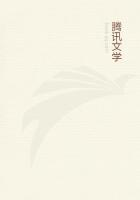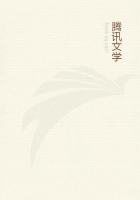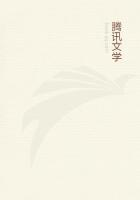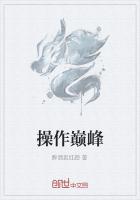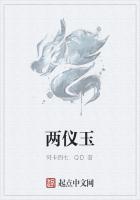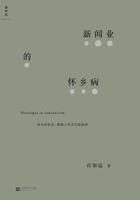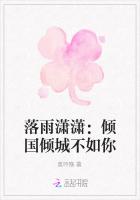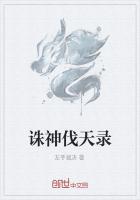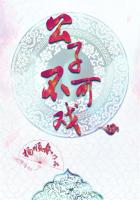There are two qualities of nervous tissues (possibly of all living tissue) that are basic in all nervous and mental processes. They are dependent upon the modificability of nerve cells and fibers by stimuli, e. g., a light flashing through the pupil and passing along the optical tracts to the occipital cortex produces changes which constitute the basis of visual memory. Experience modifies nervous tissue in definite manner, and SOMETHING remembers. Who remembers? Who is conscious? Believe what you please about that, call it ego, soul, call it consciousness dipped out of a cosmic consciousness; and I have no quarrel with you.
Memory has its mechanics, in the association of ideas, which preoccupied the early English psychologists and philosophers; it is the basis of thought and also of action, and it is a prime mystery. We know its pathology, we think that memories for speech have loci in the brain, the so-called motor memories in Broca's area.[1] We know that a hemorrhage in these areas or in the fibers passing from them, or a tumor pressing on them may destroy or temporarily abolish these memories, so that a man may KNOW what he wishes to say, understand speech and be unable to say it, though he may write it (motor aphasia). In sensory aphasia the defect is a loss of the capacity to understand spoken speech, though the patient may be able to say what he himself wishes. (It is fair to say that the definite location of these capacities in definite areas has been challenged by Marie, Moutier and others, but this denial does not deny the organic brain location of speech memories; it merely affirms that they are scattered rather than concentrated in one area.)
[1] Foot of the left or right third frontal convolutions, auditory speech in the supramarginal, etc.
In its widest phases memory alters with the state of the brain.
In childhood impressibility is high, but until the age or four or five the duration of impression is low, and likewise the power of voluntary recall. In youth (eighteen-twenty) all these capacities are perhaps at their highest. As time goes on impressibility seems first of all to be lost, so that it becomes harder and harder to learn new things, to remember new faces, new names.
The typical difficulty of middle age is to remember names, because these have no real relationship or logical value and must be arbitrarily remembered. The typical senile defect is the dropping out of the recent memories, though the past may be preserved in its entirety. With any disease of the brain, temporary or permanent, amnesia or memory loss may and usually is present (e. g., general paresis, tumor, cerebral arteriosclerosis, etc.). As the result of Carbon monoxide poisoning, as after accidental or attempted suicidal gas inhalation, the memory, especially for the most recent events, is impaired and the patient cannot remember the events as they occur; he passes from moment to moment unconnected to the recent past, though his remote past is clear. Since memory is the basis of certainty, of the feeling of reality, these unfortunates are afflicted with an uncertainty, a sense of unreality, that is almost agonizing. As the effects of the poison wear off, which even in favorable cases takes months, the impressibility returns but never reaches normality again.
Unquestionably there is an inherent congenital difference in memory capacity. There are people who are prodigies of memory as there are those who are prodigies of physical strength,--and without training. The IMPRESSIBILITY for memories can in no way be increased except through the stimulation of interest and a certain heightening of attention through emotion. For the man or woman concerned with memory the first point of importance is to find some value in the fact or thing to be learned. Before a subject is broached to students the teacher should make clear its practical and theoretic value to the students. Too often that is the last thing done and it is only when the course is finished that its practical meaning is stressed or even indicated. In fact, throughout, teaching the value of the subject should constantly be emphasized, if possible, by illustrations from life. There are only a few who love knowledge for its own sake, but there are many who become eager for learning when it is made practical.
The number of associations given to a fact determines to a large extent its permanence in memory and the power of recalling it. In my own teaching I always instruct my students in the technique of memorizing, as follows:
1. Listen attentively, ****** only as many notes as necessary to recall the leading facts. The auditory memories are thus given the first place.
2. Go home and read up the subject in your textbooks, again ****** notes. Thus is added the visual associations.
3. Write out in brief form the substance of the lecture, deriving your knowledge from both the lecture and the book. You thus add another set of associations to your memories of the subject.
4. Teach the subject to or discuss it with a fellow student. By this you vitalize the memories you have, you link them firmly together, you lend to them the ardor of usefulness and of victory. You are forced to realize where the gaps, the lacunae of your knowledge come, and are made to fill them in.
Thus the best way to remember a fact is to find a use for it and to link it to your interests and your purposes. Unrelated it has no value; related it becomes in fact a part of you. After that the mechanics of memory necessitate the ****** of as many pathways to that fact as possible, and this means deliberately to associate the fact by sound, by speech and by action. The advertised schemes of memory training are simply association schemes, old as the hills, and having value indeed, but too much is claimed for them. A splendid memory is born, not made; but any memory, except where disease has entered, can be improved by training.

